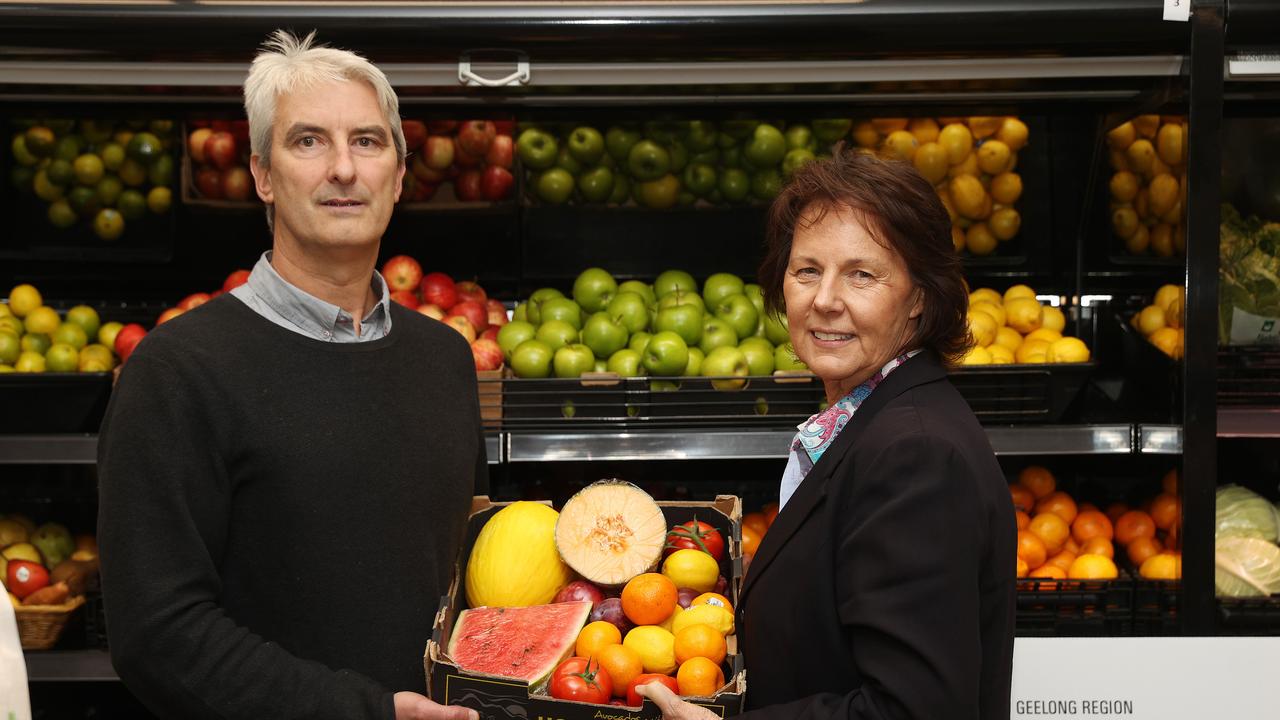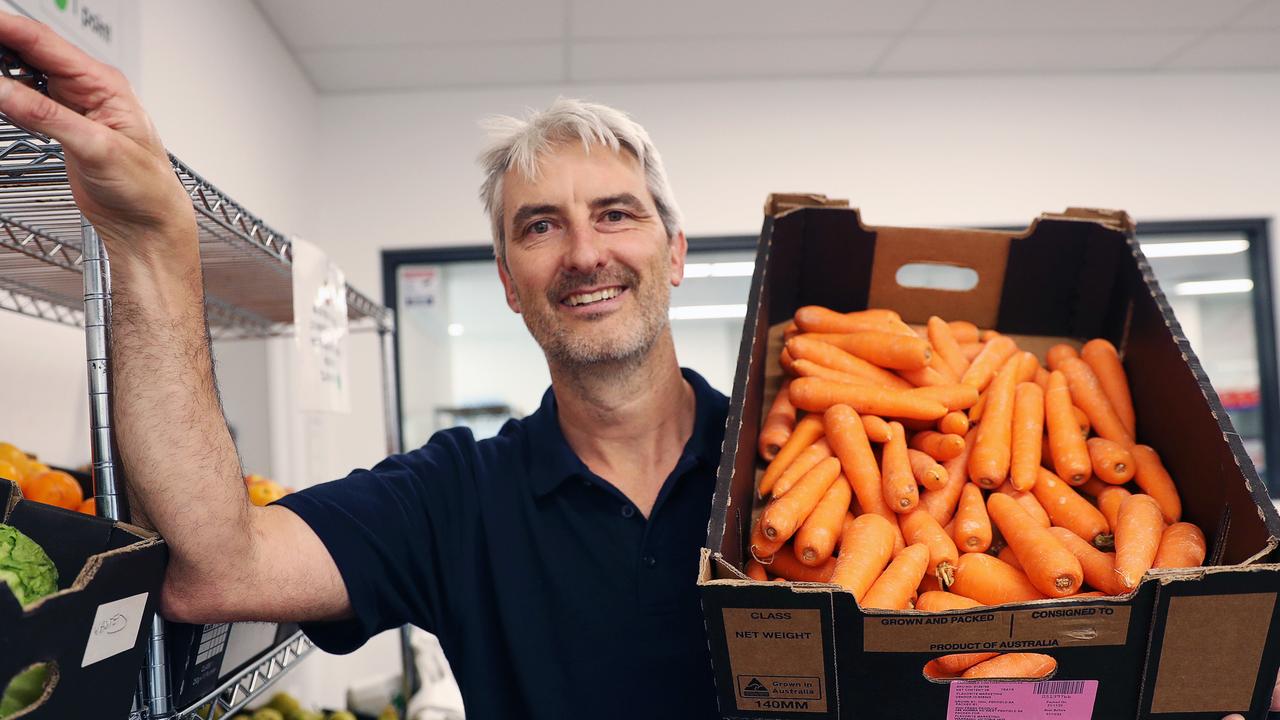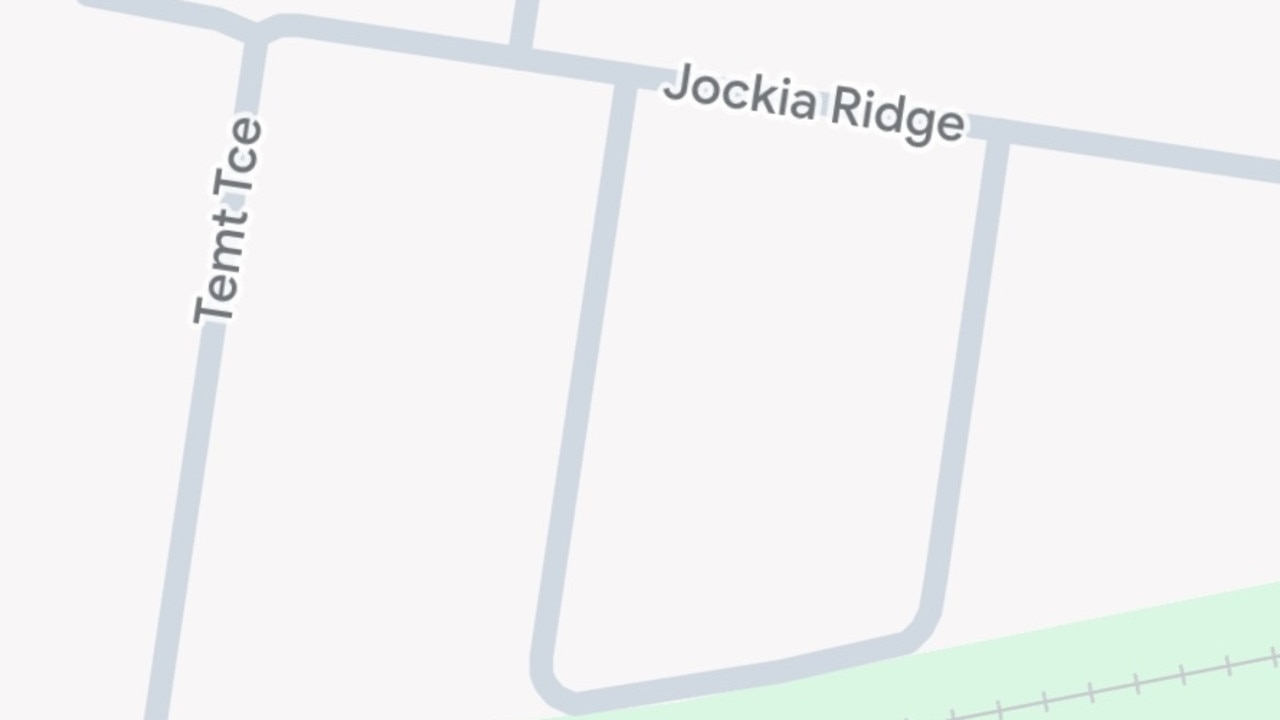Inaugural Geelong Community Foundation report finds massive increase in those needing support
Geelong charities are seeing an ever-increasing number of working people and low-income families coming through their doors, a new report has found.

Geelong
Don't miss out on the headlines from Geelong. Followed categories will be added to My News.
Geelong charities are seeing an ever-increasing number of working people and low-income families coming through their doors.
The solution, relief organisations say, is working together.
The number of residents struggling financially has quadrupled in the three years to March 2023, from 4.8 per cent to 18.2 per cent, according to the Geelong Community Foundation’s (GCF) inaugural Vital Signs report.
Close to 9000 individuals are now accessing food relief weekly, it found.
Geelong Food Relief Centre (GFRC) chief executive Andrew Schauble said many people who have never previously needed support were seeking help.
He said many of these people were from low-income families who were having to choose between paying bills and putting food on the table, as rent and living costs increased.
GFRC, he said, had seen a more than 30 per cent increase in food volume going out.
“We’ve been able to supply that need for now, but we’re working a lot harder to bring in more,” he said.
“And it’s very similar across the agencies that we support.”

Mr Schauble said GFRC distributed to over 55 agencies across the Geelong region.
He said the organisation was constantly trying to understand what other programs were doing to meet local needs.
The solution, he said, was taking a step back and looking at the whole picture with reports like Vital Signs and take a broad scale approach to finding solutions.
“But the question is the linkages between all these needs,” he said.
“Core links with how housing meets with employment, with security and issues like domestic violence … with education …. have implications for people putting food on the table.”
The GCF’s report highlighted high levels of rent and mortgage stress and insufficient public transport, as well as insufficient levels of public and social housing.
Health and wellbeing challenges included high rates of physical health conditions, addiction and family violence.
An overall low school retention and year 12 completion rate, and lower tertiary completions were also noted.
“Agencies and groups often work in silos, and don’t recognise links,” Mr Schauble said.
“Vital Signs is the beginning of a conversation … so we can tackle the issues together on a more holistic basis.”
GCF chief executive Gail Rodgers said the Vital Signs report was developed to support the organisation’s grantmaking decisions and other strategic activity, with the next round of grants to be announced on June 6.
“The data points in the report will ensure we are connecting effectively with community to have those ‘vital conversations’ to home in on the gaps, understand the needs and where greater levels of support and funding are required,” she said.
GCF provided $50,000 in funding to GFRC this financial year, and Ms Rodgers said they expect to again provide some funding in the coming year.
“The need in this area is not going away any time soon,” she said.
More Coverage
Originally published as Inaugural Geelong Community Foundation report finds massive increase in those needing support






